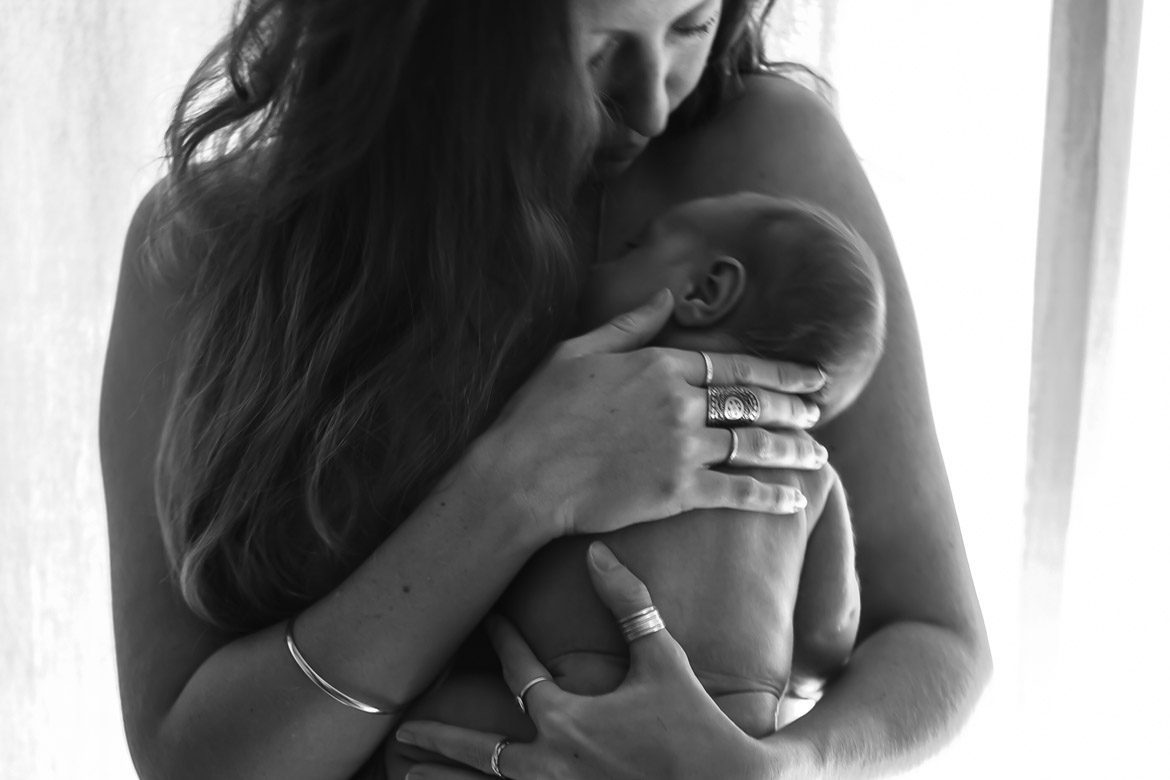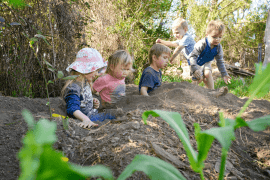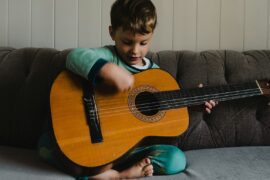By Clara Hahn
This is a story to create awareness of the gap between motherhood and culture. For the first seven months of my daughter’s life, we lived in Germany and France. I felt something was wrong, even though other mothers told me that these symptoms would be normal:
- isolation
- depletion
- loss of identity
Motherhood is connected to self-sacrifice - meaning to give all of yourself to your children as you lose contact with old friends and activities.
In the first few weeks after birth, people were really interested in my shift of life. But as time passed, they were back to being busy with “their own problems”.
In this story I am not blaming certain people, this is more to raise awareness of the culture we are co creating.
Now I am living with a traditional Balinese family and being a mother finally feels right. The contrast of my life here and there is so big and I am sure in other indigenous cultures I would find a similar feeling. The old saying:
It takes a village to raise a child.
But what has happened to us, to us western people, that we are living such a different dogma? These are some statements I have heard or friends’ mothers have told me they have heard:
“You wanted a baby – now it’s your responsibility.”
This sentence speaks of the individuation we are living. Everybody is following “their” own dream and disconnected from their context in the search to design a life that is suiting their best interests. If personal choice might bring personal freedom it also brings about separation and isolation. Especially in this special moment of life when you are becoming a mother. This is a time of being dependent. You just can’t take care of yourself and a newborn at the same time. Mothers who make the impossible possible often burn out in their forties and turn away from their children and focus on their own needs.
“You only want to talk about your child.”
This might happen as a side-effect to be pushed out from the cultural platform. Like a “nerd” in the school that is not part of the popular activities and becomes more and more “special” because they are losing contact with others’ social games.
So if mothers don’t feel welcome in art galleries, cafes, in the street, supermarket, clubs - they meet in special mothers’ groups and lose contact with what’s happening beyond their baby’s nappies.
“Ohh your baby is sooo sweet.”
Yes we hear this a lot. That’s nice of you to notice. But unfortunately I (as a mother) have not heard any compliments for a long time. I still exist. I am still a woman.
I am really trying to make sense of this gap. You know, first I did not want to even think about it. Because I felt ashamed: “Maybe it’s just me? Maybe I am really not interesting anymore? Am I too needy? Maybe other mothers manage better?” So bringing my isolation to the surface was exposing myself to a lot of self-criticism. And then I started to realise that my doubts are not as personal – this is a phenomena of our culture. So I started to talk with other mothers.
There is not a person to blame, but let us have a look at this kind of culture we create. Women with children lose their confidence because of the isolation, they get weaker and more and more invisible. In some cities you might not see any traces of children existing. In Paris for example, finding a baby chair in a restaurant is quite hard. Children are too loud. Too distracting. Too honest. So they are in special institutions where somebody else has to deal with them.
And as a mother if you want to be part of the common culture and not pushed away in the “nerd corner” you better pretend like this major event has never happened. Try to get your “body before” back. Hence they are ignoring that they have changed. Why does our culture not promote the beauty of mothers’ bodies? Mothers’ bodies have marks of pure love. Of unconditional giving. Why would any women want to exchange this for a body of a younger, less mature woman?











